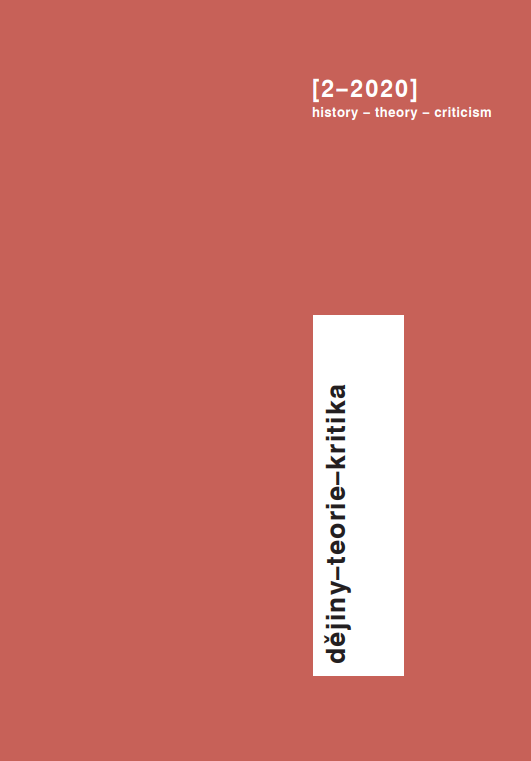Kde končí Západ? O psaní dějin, dohánění a sebevědomí
DOI:
https://doi.org/10.14712/24645370.2911Keywords:
history writing, inequalities in research, (non-western) Europe, postcolonial criticismAbstract
After the political changes of the late 1980s and early 1990s, East Central European societies started ‘returning to Europe’ or ‘reverting to the normal state of affairs’, as did the historical sciences in these countries. In historiography, this did not only entail a return to a plurality of methodologies, but also institutions and journals. This was considered to set also the Czech humanities on the road to being ‘comparable’ or ‘competitive’, at least on the European stage. This contribution argues that, three decades after the abovementioned changes, those expectations have only been met to a limited extent. The hypothetically free market of ideas and concepts appears to have sustained, or even deepened, various economic and cultural inequalities. Moreover, the lack of any supranational public institutions and publication platforms leads to serious doubt over equal access to this playing field. Historiography is not a universalist science; that fact holds not only from the perspective of ‘Third World’ countries, as demonstrated by post-colonial criticism, but also in relation to Eastern and Central Europe. This article does not see strategic essentialism, placing the specific experience of the East Central European countries above historiographic standards and values, as a solution. Instead, it argues that the way out of the current situation demands that we confront the various epistemological and even ‘operational’ assumptions and starting points of any historiography from a variety of perspectives, even where that involves uncomfortable self-awareness.


